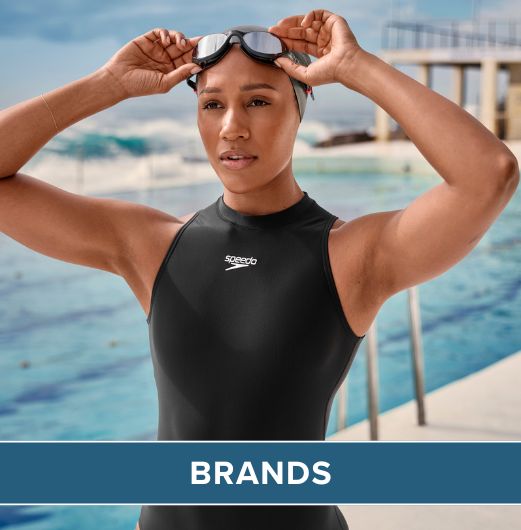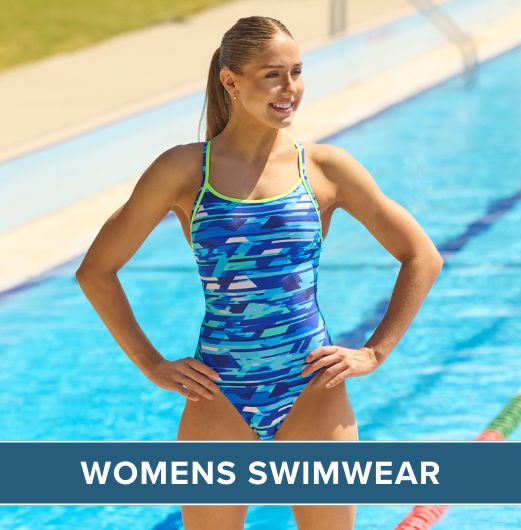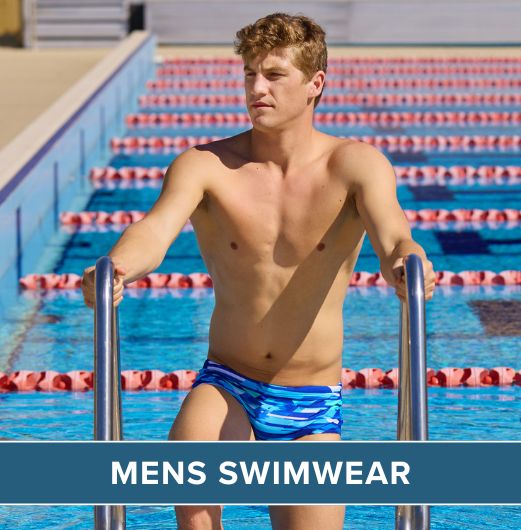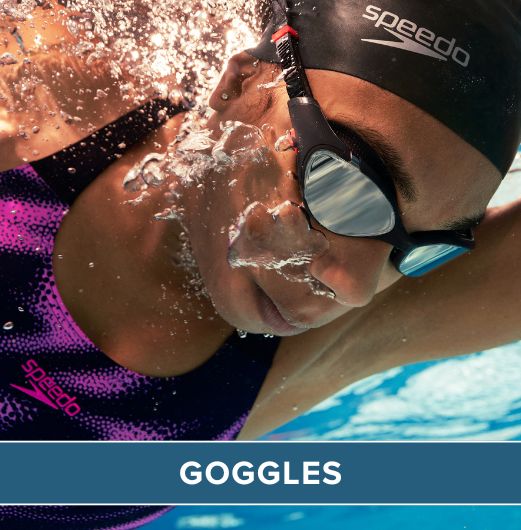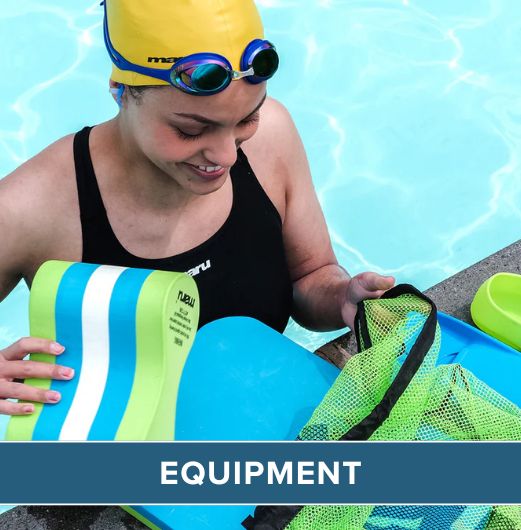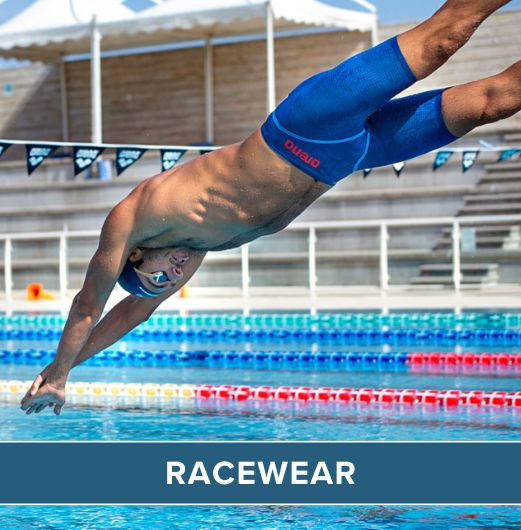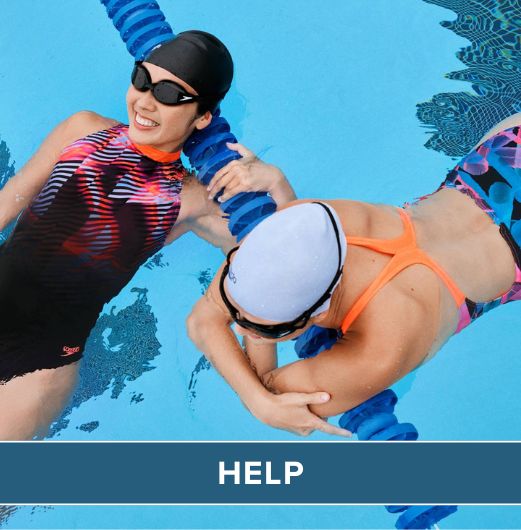Open water swimming has grown in popularity in recent years. For novices to the sport, it can be an exhilarating experience to become immersed outside of a swimming pool environment. Remember that training is the key to any endurance event and, when it comes to open water racing, careful preparation should never be far from your mind.
1. Build Up Your Experience
Swimming in open water under race conditions will mean your body is tested. Under exertion your brain’s ability to deal with problems slows down. The way around this is to have some experience to draw on, so get out in the open water as much as possible. Getting in and out of the water is a challenge in many locations so getting used to this can be helpful. For absolute novices, start in high summer when the temperatures of the water are at their highest.
2. Alternate Conditions
Get used to training in a few different conditions as you become more experienced. Try swimming when the temperature is a bit lower. Also consider swimming in currents and tidal conditions if it is safe to do so. Consult an expert if you have doubt so that you remain safe.
 3. Get Used To Sighting
3. Get Used To Sighting
Heading in the right direction may sound like child’s play, but it isn’t when you are swimming in choppy waters. Expect lots of splash from competitors when you are racing. Get used to raising your head so you can get a good sighting of your destination through your goggles when you take a breath.
4. When To Sight?
Try sighting once every fourth breath to begin with and see if it suits you. Every swimmer needs to be flexible in this area. Fewer sightings keep you going longer, but can lead to you taking the wrong route. In the sea, take sightings from the top of a wave so you can see further.
5. Swimming In Colder Conditions
Staying warm is essential for a good race, but don’t assume the activity will be enough. Many novices get into trouble if they have insufficient insulation. Double up on swim caps. Ear plugs also help you stay warm. And, of course, buy a good quality wet suit.
6. Warm Up
Before the race begins make sure your body is warm. A light jog or cycle will get the heart beating and the circulation going, but don’t overdo it. When you take to water swim fast to begin with so that your body warms. Then settle down into your usual race pace once you are feeling comfortable.
 7. Navigation Skills
7. Navigation Skills
It is always worth checking out a race course ahead of the start. Ideally, take a look at the course the day before and note down any water markers. Also use any landmarks nearby that will help you to orientate yourself during the race. The evening before the race, visualise yourself passing by these markers and landmarks so that it becomes second nature.
8. Carbo Load
Take on plenty of fuel before your race. For the few days before, load up with extra carbohydrates. Take your last meal on board with enough time to digest it before the race. Also make sure you have plenty of fluids on board.
9. Draft
Get into the wake of swimmers ahead, which means you can maintain their pace with less physical effort. However, this can mean that if they slow down, you do too, so be careful not to drop your race position by drafting.
10. Breathe On The Other Side
Breathing on the side that you are not used to is helpful when racing as it can help you avoid the splashes of a competitor. A mouthful of water really slows racers down, so develop this skill in training and you will have a faster race.
We hope that these key tips help all of the novices out there. If you have any other tips you think are good for newcomers to open water swimming to take note of then please comment below.
 3. Get Used To Sighting
Heading in the right direction may sound like child’s play, but it isn’t when you are swimming in choppy waters. Expect lots of splash from competitors when you are racing. Get used to raising your head so you can get a good sighting of your destination through your goggles when you take a breath.
4. When To Sight?
Try sighting once every fourth breath to begin with and see if it suits you. Every swimmer needs to be flexible in this area. Fewer sightings keep you going longer, but can lead to you taking the wrong route. In the sea, take sightings from the top of a wave so you can see further.
5. Swimming In Colder Conditions
Staying warm is essential for a good race, but don’t assume the activity will be enough. Many novices get into trouble if they have insufficient insulation. Double up on swim caps. Ear plugs also help you stay warm. And, of course, buy a good quality wet suit.
6. Warm Up
Before the race begins make sure your body is warm. A light jog or cycle will get the heart beating and the circulation going, but don’t overdo it. When you take to water swim fast to begin with so that your body warms. Then settle down into your usual race pace once you are feeling comfortable.
3. Get Used To Sighting
Heading in the right direction may sound like child’s play, but it isn’t when you are swimming in choppy waters. Expect lots of splash from competitors when you are racing. Get used to raising your head so you can get a good sighting of your destination through your goggles when you take a breath.
4. When To Sight?
Try sighting once every fourth breath to begin with and see if it suits you. Every swimmer needs to be flexible in this area. Fewer sightings keep you going longer, but can lead to you taking the wrong route. In the sea, take sightings from the top of a wave so you can see further.
5. Swimming In Colder Conditions
Staying warm is essential for a good race, but don’t assume the activity will be enough. Many novices get into trouble if they have insufficient insulation. Double up on swim caps. Ear plugs also help you stay warm. And, of course, buy a good quality wet suit.
6. Warm Up
Before the race begins make sure your body is warm. A light jog or cycle will get the heart beating and the circulation going, but don’t overdo it. When you take to water swim fast to begin with so that your body warms. Then settle down into your usual race pace once you are feeling comfortable.
 7. Navigation Skills
It is always worth checking out a race course ahead of the start. Ideally, take a look at the course the day before and note down any water markers. Also use any landmarks nearby that will help you to orientate yourself during the race. The evening before the race, visualise yourself passing by these markers and landmarks so that it becomes second nature.
8. Carbo Load
Take on plenty of fuel before your race. For the few days before, load up with extra carbohydrates. Take your last meal on board with enough time to digest it before the race. Also make sure you have plenty of fluids on board.
9. Draft
Get into the wake of swimmers ahead, which means you can maintain their pace with less physical effort. However, this can mean that if they slow down, you do too, so be careful not to drop your race position by drafting.
10. Breathe On The Other Side
Breathing on the side that you are not used to is helpful when racing as it can help you avoid the splashes of a competitor. A mouthful of water really slows racers down, so develop this skill in training and you will have a faster race.
We hope that these key tips help all of the novices out there. If you have any other tips you think are good for newcomers to open water swimming to take note of then please comment below.
7. Navigation Skills
It is always worth checking out a race course ahead of the start. Ideally, take a look at the course the day before and note down any water markers. Also use any landmarks nearby that will help you to orientate yourself during the race. The evening before the race, visualise yourself passing by these markers and landmarks so that it becomes second nature.
8. Carbo Load
Take on plenty of fuel before your race. For the few days before, load up with extra carbohydrates. Take your last meal on board with enough time to digest it before the race. Also make sure you have plenty of fluids on board.
9. Draft
Get into the wake of swimmers ahead, which means you can maintain their pace with less physical effort. However, this can mean that if they slow down, you do too, so be careful not to drop your race position by drafting.
10. Breathe On The Other Side
Breathing on the side that you are not used to is helpful when racing as it can help you avoid the splashes of a competitor. A mouthful of water really slows racers down, so develop this skill in training and you will have a faster race.
We hope that these key tips help all of the novices out there. If you have any other tips you think are good for newcomers to open water swimming to take note of then please comment below.

 Free Tracked UK Delivery
Free Tracked UK Delivery Hassle Free Returns
Hassle Free Returns Next Working Day OPTION
Next Working Day OPTION Found It Cheaper?
Found It Cheaper?



